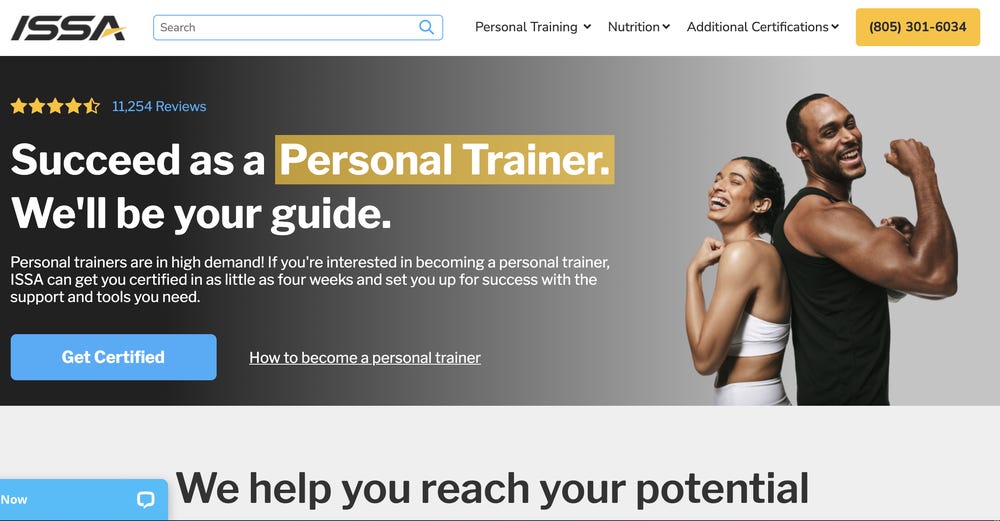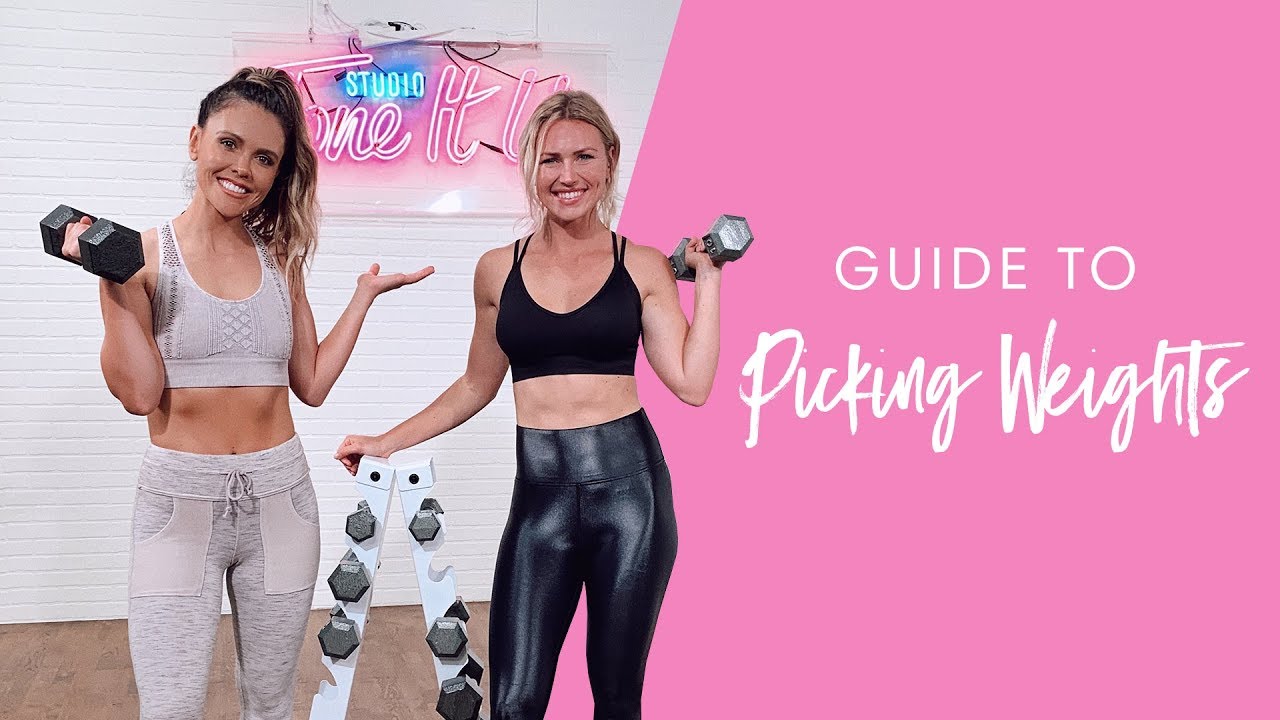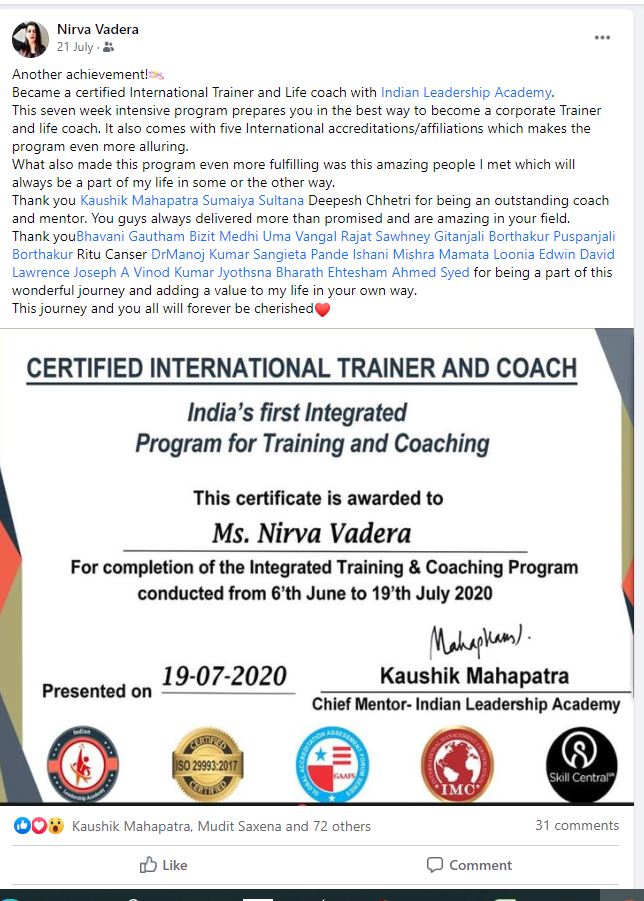
Tactical Strength Conditioning (TSC), a program that improves your aerobic, anaerobic and endurance skills, is a great option. Tactical Strength & Conditioning's flexibility means that you can continue the program as long your progress is being made. There are many exercises available so that you can personalize the program to meet your needs. Switch to another exercise if your progress seems slow.
Training for tactical athletes
High levels of fitness are essential for tactical athletes. Additionally, the tactical athlete must have a high level of work capacity and the ability adapt to different life and work demands. The tactical athlete is limited in time and must plan his training accordingly to his job. Tactical athletes can benefit from a few templates that help to manage their training schedule and quickly recover.
Tactical Athlete Program can be described as one of these programs. It uses high intensity interval training and olympic-weightlifting to improve performance. This program is specifically designed for military personnel, police officers, and first responders. Coach Rodriguez is a former military and emergency officer who has more than 15 years' experience in supporting athletes, the special force community and amateur athletes.

Training with a tactional strength and conditioning coach
A tactical strength coach and conditioning coach can be a great option for those serving in the military. The future of warfare is uncertain but the US government continues to expand tactical strength and conditioning programs in the military. In fact, a $575 million contract awarded to SOCOM's POTFF division for a five-year program is likely to be extended for an additional eight years. Therefore, more funding will be available to enhance the effectiveness of tactical strength conditioning.
Tactical strength conditioning is an inter-disciplinary approach to fitness. It is based on evidence-based principles and addresses the specific needs for front-line personnel. The program is delivered online via distance education, and it uses proven techniques to teach tactical personnel.
ISSA Tactical conditioning Specialists can help you train
ISSA Tactical Conditioning specialists are a great way for you to get more physically fit and increase your overall performance. These trainers are experts in tactical training and understand how the right kind of strength training can lead to greater mobility, stamina, and speed. NCCPT-certified, they are able to apply scientific knowledge and training.
The course study materials are scientifically-based, up-to-date and scientifically supported. The 700-page manual includes a lot of useful advice from current trainers. This course is not just for people who are looking to learn a lot about tactical conditioning. It's for anyone who wants to be a successful trainer and has the potential to launch a career in this field. ISSA Tactical Conditioning Specialists' certification gives holders access to support and guidance throughout their career.

Tactical professionals need training during every stage of their careers. They could be veterans moving from one job to the next, or new recruits. These individuals may be new recruits or veterans transitioning from one position to another. In each case, their training must meet the specific demands of their occupation and their individual needs. Training should be tailored for specific occupations and movements in order to accommodate these differences.
FAQ
Do I need to eat before working out?
No. It's not necessary to eat anything before you work out. You might be hungry after a workout, so you may want to snack on fruit or yogurt.
Why is physical fitness important?
Fitness is crucial for our health. To maintain our strength, flexibility and weight, as well as our cardiovascular system, we must exercise regularly. Exercise helps you sleep better at night, reduces stress and improves self-esteem. It also increases your energy throughout the day.
Do I need heat before exercising?
Warming up before an activity reduces muscle soreness and improves performance. Warming up can be done in many ways: running, walking, jumping ropes, stretching and cycling are all options. You can start slowly and increase your intensity gradually.
What Are Cardio Exercises?
Cardiovascular exercises are ones that make your heart and lungs work harder. Jogging, swimming and rowing are just a few examples. These activities can help you lose weight and speed up your metabolism. They also strengthen your heart and lungs, which makes them great ways to stay fit.
Can I eat when I'm working out?
Yes. You can eat what you like while you work out. Low-calorie snacks like watermelon and carrots, celery apples, bananas, grapes, celery, celery, celery, celery, celery, apple, bananas, and carrots are best. These foods are rich in nutrients that will help you work out better.
What does Nutrition do for Your Body?
Nutrition helps your body function properly by supplying all the nutrients needed for proper growth and development. To ensure that your body receives adequate nutrition, it is best to eat a balanced meal with lots of fruits and vegetables, lean protein, whole grain, as well as healthy fats.
What happens if there isn't enough sleep?
If you don't get enough sleep, your brain doesn't receive the signals needed to regulate hormones and chemicals in regulating appetite and metabolism. As a result, your body may become more hungry and can gain weight. Sleep deprivation can also lead to excessive weight gain.
Statistics
- In high-income countries, 26% of men and 35% of women were insufficiently physically active, as compared to 12% of men and 24% of women in low-income countries. (who.int)
- Globally, 28% of adults aged 18 and over were not active enough in 2016 (men 23% and women 32%). (who.int)
- Physical activity confers the following maternal and fetal health benefits: a decreased risk of pre-eclampsia, gestational hypertension, gestational diabetes (for example, 30% reduction in risk) (who.int)
- Globally, 81% of adolescents aged 11-17 years were insufficiently physically active in 2016. (who.int)
External Links
How To
How to Keep Fit during Pregnancy
Your body changes drastically when you become pregnant. Your metabolism slows down and your body eats less as you have a baby. You may feel sick if your sleep is not enough. You can still enjoy this time of life, but you can stay healthy.
First things first, you should check with your doctor before starting any exercise routine. Your doctor can help you decide which exercises are safe and which should be avoided. Also, ensure you eat well all through your pregnancy. This includes eating plenty protein, fiber, iron. Third, try to drink lots of fluids. Because sweating can cause fluid loss, it's particularly important to drink water while exercising. Don't forget to take care of the feet. Wear shoes that are supportive and dry. You should eat breakfast if you are suffering from morning sickness. You might end up feeling nauseated.
-
Eat Well. A healthy diet is important throughout your entire pregnancy.
-
Stay Active. Get active for at least 30 minutes each day.
-
Maintain a Healthy Weight Losing weight can be achieved by eating smaller meals and snacking more often.
-
Get enough rest. You should aim for 7-9 hours sleep every night.
-
Manage Stress. Learn relaxation techniques.
-
Avoid Alcohol. It can lead to miscarriage, and even birth defects.
-
Be gentle with yourself. Don't push yourself too hard.
-
Take care of your self. Have someone check in on you when needed.
-
Relax. Do things that bring you joy.